Vinnaithaandi Varuvaayaa
Vinnaithaandi Varuvaayaa (Will you cross the skies for me ?) : Movie Review
4 stars out of 5 (Excellent)
Tamil (English subtitles available) , 2010
Director-Writer : Gautam Vasudev Menon
Composer : A R Rahman
Cinematographer : Manoj Paramahamsa
VV was introduced to me by that great invention of modern times : Youtube. The Hindi version songs were seen by me first and only later did I realize that the original Tamil film merited my attention more, but by then the damage had already been done by the former. Everything from the faces to mise en scene to singing to emotion in Sharmindi Ho, Aaromale and Dost Hai emphatically outclassed the Tamil originals (though it should be admitted that notwithstanding other factors, Trisha was visually past her prime in VV while Amy Jackson was at the peak of her polymorphic maddening magic). What commenced the catamaran towards the Tamil picture was 'Omanna Penne' - one of the finest video songs in the history of Indian cinema. And ten minutes into watching 'Vinaithandi Varuvaya' , not to mention witnessing the simple yet splendid arc of the camera in the opening credits , was enough to hint that Gautam Vasudev Menon had a special project going on here.
Manoj Paramahamsa's world-class cinematography tells us the story, bolstered by stellar esthestics in the camera's framing, glides and arcs. The plotline is great enough to stretch from the beginning of mankind to its end but, Dear Reader , I'll cut it medium short just for you. Hindu Boy meets Christian Girl, goes nuts over her, hops over a gate, sings a snazzy song and obsessively woos her in the grand tradition of Tamil cinema's young male bravehearts who are the finest antithesis of pyrrhic victors. Girl actually is interested, even manages a smooch but Boy wants much more but Girl's Daddy is a baddy due to orthodox reasons. Well-educated Girl is all set to tie the knot with San Francisco-based vice-president-of-something while Boy is sneered at because he is doomed to start off electively as an assistant film director (more understandable in India wherein thousands of trashy films domestically made, have disillusioned so many). But Girl then says yes then says no, then says no then says yes ..and repeats cycle on oscillating loop till frenetically persevering Boy is so confused that he seeks deliverance of a different kind...
Unexpected pleasant surprises stud the film. Alleppey district of Kerala is introduced by a smartly telescoping succession of brilliantly cut scenes compendiating the milieu's beauty and details, both municipal and pastoral. Editor Anthony superbly executes the brief given to him. In another scene notable for a different kind of cinematic narration, it is early morning with light barely coming through and we see the hero on the bike with a girl on the backseat. When he hears depressing tidings, the screen darkens progressively as a reflection of the sun within him setting before it has even arisen. Then, a red light is seen emblazoned against the white bands of his shirt when he stops the bike at a traffic signal, as though his heart is as redly inflamed as it could ever get.
No study of the select examples of Indian films that seamlessly splice songs into the narrative, would be complete without an inclusion of VV. The film's initial such examples - of boy and girl meeting for the first time (Hosanna), of boy and girl scheming a joint journey and then canoodling in an Indian first-class blue-cushioned train compartment (Omana Penne) - reveal an auteuristic finesse in making the sings effortlessly flow into the story.
Trisha is deceptively good at portraying the torn-betwen-two-worlds Jessie. What shows on Jessie's face and behaviour does not quite indicate what decisions she will eventually take. Menon pushes her close to the level of the maniacally oscillating dame of 'Jules et Jim', to which crux she might have well descended to, had this story been a fully reciprocative love triangle. Jesse takes some truly outrageous turns with a gumption that would be lacking in most other girls, but overall she foxed me. At one point, the hero himself states with a dry smile " In this day and age, how often will you find a girl like Jessie who altruistically hews to her Daddy's diktat ?" I disagree - while, on the one hand, it is great to see a daughter hesitant to surge against the wishes of the man who brought her up, this kind of paternalism has often been the bane of India wherein familial obligations have often destroyed true happiness. Individual freedom is ritually sacrificed at the altar of doing exactly what your ancestors did. Orthodoxy in India down the centuries has become so used to browbeating and blackmailing daughters and sons to marry partners decided by parents, that it has sometimes not been averse to even allow the hell of honour killings.
Examining this matter in some more detail in Vinaithandi Varuvaaya's context, it can be seen that only limited insight is offered into the mind of Jessie's father. He is physically tall, but acts like a mental pygmy. He is against her marriage to Karthik because they belong to different religions and on account of what happened to his other daughter. But say, just for the sake of his own intellectual curiosity, does he even bother to find out what kind of a man Karthik really is, by attempting to meet him and have a chat with him? It might have possibly transpired outside camera but we don't have the luxury of making such presumptions. When Jessie's Neanderthal brother needles Karthik, the latter pounds his stuffing out , and later Karthik bays outside their balcony for Jessie when she becomes a scaredy-cat. Yes this is not exactly noble behaviour worthy of a suitor, but nor does Jessie's father merit any great empathy for his decrees and decisions.
Silambarasan does not reveal great nuance of acting in this picture, but that is superceded by keen delivery of all the broad emotions that amply redeem his act. I particularly empathised with his character, when after all the continuous wooing of Jesse, he is forced to go back to his rookie low-pay role as an assistant director in another state just to make something of his life and a distraught Jesse chooses that very juncture to give him a phonecall beseeching to come and comfort her.
And his outbursts are terrific - I clapped without stopping like a shamelessly stoked vulgarian, when in response to Jesse saying that their prospects of being together are further weakened by her dislike of movie-watching, he snarls "What the fucking kind of logic is that?!" (the Censor Board bleeps out the adjective - apparently it is alright for the nation to fuck its way past China to become the world' most populous country but it's not alright to utter the dirty word). Besides, Silambarasan can physically fight like a mean professional , and dance with slick grace - you don't need much else to be a hero in India, or for that matter in many other parts of the world.
While we are on the subject of action choreography, VV's achievements in this field merit special mention. Traditionally, Tamil Nadu has been The fight-club home of South Indian fisticuffs, and many Tamil heroes especially from the 1990s have been devastating specimens who can mow down a hundred hooligans , with their kicks often sending the victim flying to Jupiter. These weapons of mass destruction should ideally be sent to Kashmir, to end the conflict and save untold number of lives. In VV, Selva the stunt director smartly pares down the fantasy and focuses on hand-to-hand fighting that is intensely choreographed and briskly edited. The result is that Silambarasan is shown to smash away all his opposition as realistically as possible, both in one-versus-one and one-versus-dozen fights. The fight scene outside a bus in the Kerala countryside, is especially remarkable for its clean action and spectacular editing. The same movie-magic explodes in the One vs Half-Dozen fight on Jessie's house terrace.
Menon pokes good-natured fun at how his people look down upon filmic folks like himself. Karthik dishonestly introduces his mentor as the cinematographer of Kaakha Kaakha (a well-known 2003 Tamil thriller) but not one person reacts to this announcement with the awe of meeting a cinema big-shot! Jessie's father boycotts Karthik not only because of religion but also because Karthik is trying to get into the supposedly disreputable cinema industry. But Menon does make Silambarasan smilingly inform his sweetheart at the beginning of the story that becoming a director is much tougher than doing just a masters in computers (just as six decades before in another country in the same continent , Ozu made one of his film characters bluntly say that it is tougher to become a film director than to to become a doctor).
Maestro Amongst Maestros A R Rahman whips out some of his most mesmerizing and complex songs for this unique film. Here I'm going to hold a totally discordant Tamil Vs Hindi cross-comparison of songs from the same template film. 'Omana Penne' ,with its inter-cut video narrative itself charting a virtuoso performance, is launched into the artistic heavens with its mellifluous Tamil pop necklaced by a flawless Mayalayali flow of lyrics. And its bell-tinged beats respectfully give way to a low-key marvellous Nadaswaram (wind instrument) that has been compared to Konjum Solangai's "Orumaiyudan Ninathu". The Hindi "Aaromale" from the twin film "Ek Deewana Tha" (EDT) is more accomplished and passionate - with its powerful guitar reflections getting a thread ceremony by Hindustani chants that in turn inaugurate the haunting tendresse of a Violin the madly oscillating depths of which match the Saxophone of Rahman's 'Duet' theme. Similarities have been alleged to multiple songs but none of these equal Aaromale's magnificence and Alphonse's crooning is so expansively rock-song-perfect that it reaches the same heights as the fevered zenith scaled by James in 'Gangster's 'Hamaari Adhuri Kahaani'. The female "Aaromale" - neither Tamil nor Hindi but perhaps some empyrean language called Haamil - sung by the great Shreya Ghoshal with sublime instrumentation, is a dirge that floats outside this galaxy. Sharmindo Ho's poignant kisses gently elbow out the original 'Mannipaya', and the magical Madhushree sings "Thum hi bathao mujhe kaise bhulaega..." ( please tell me how you plan to forget me) with such aching tenderness that I broke down and sobbed. If VV/EDT just had these three video songs alone and absolutely nothing else, I would still travel a thousand kilometres to watch these regal remains of the work.
The way the ending messed around, repeatedly, with the true nature of what transpires, had me exasperatedly whispering slangs while watching the fag end. But Menon ultimately needs to be commended for daring to toy around that much with his audience. Half an hour before the protracted ending sequence, I has already realized with biased empathy why I should empathize with this film much more than most of its other admirers. Still, the denouement is too frothy - a potion like what this movie promised, drunk to the lees, ought to have an aftertaste that is less forgiving. But this gripe should not detract from what has been achieved overall, both technically and thematically. Menon inserts a line at the end that clearly conveys the autobiographical nature of this work. It must be a unique feeling to lay bare your heart in front of a cinema mass audience...and fortune favours the brave. His luck was that he made the original film in Tamil Nadu and it succeeded on all fronts. Even if it was a flop he might still have derived some satisfaction, but it remains a pity that re-making the film in Mumbai confounded him so much that giving the film two different endings (to purportedly appease an infantile nation-wide audience) still wasn't enough to save the Hindi version from being slammed by both critics and audience alike.
UPN
UPNWORLD welcomes your comments.

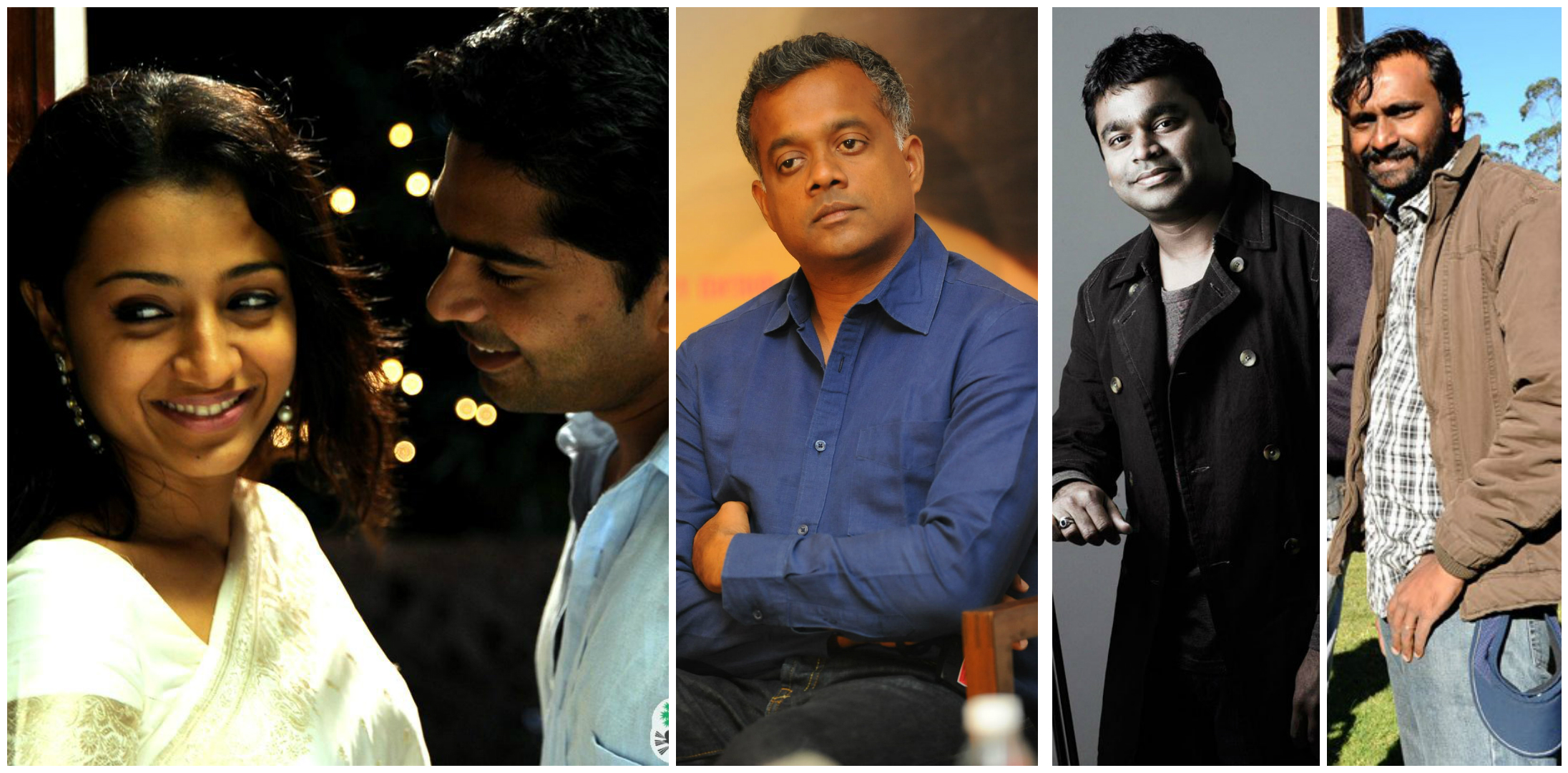
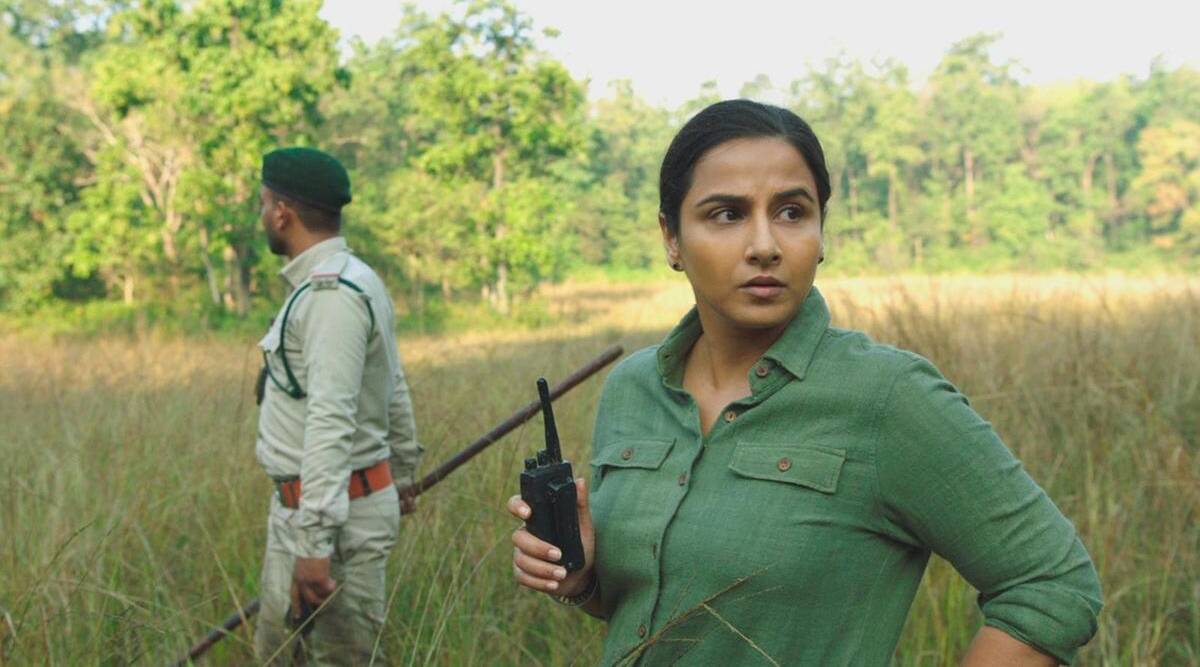
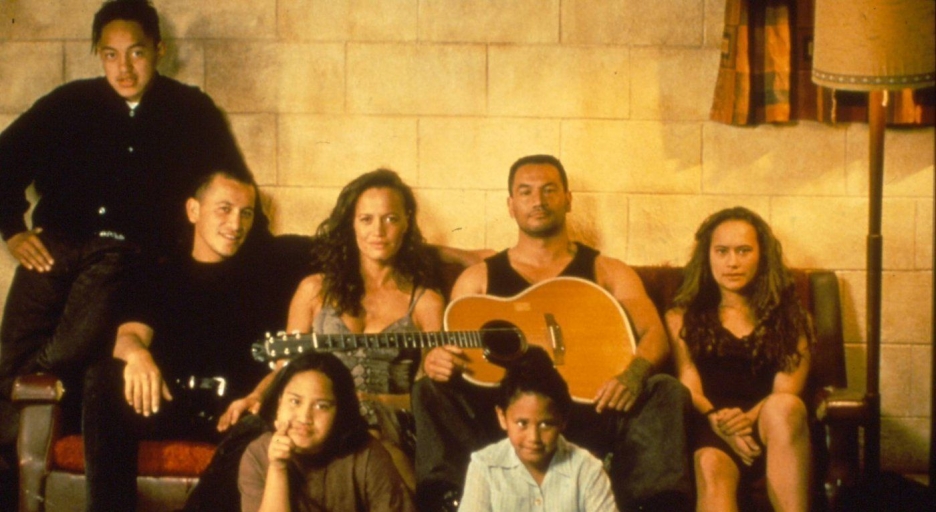
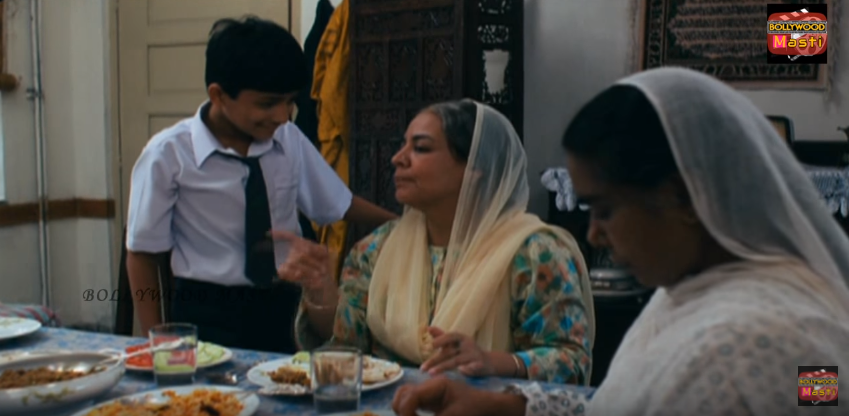
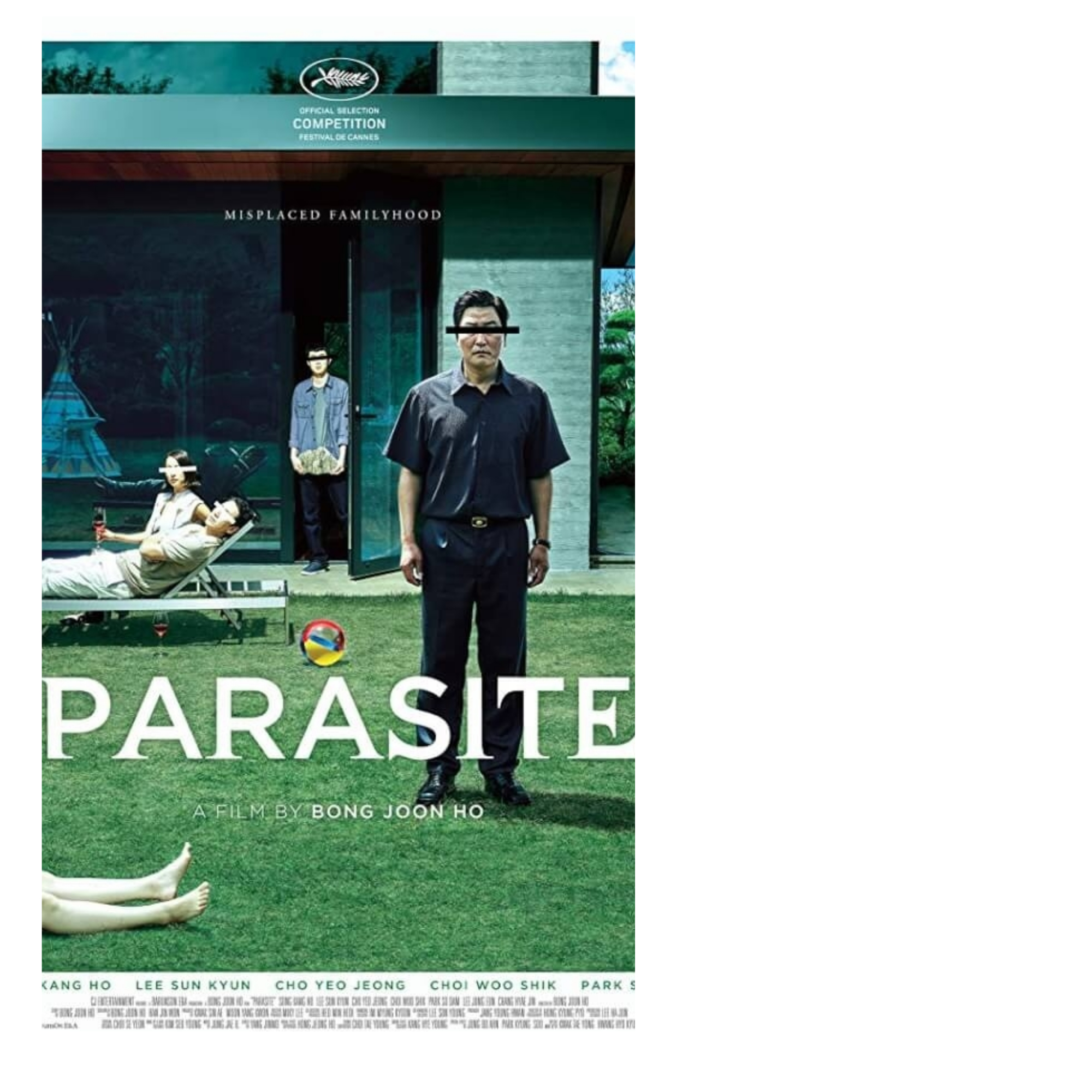




0 COMMENTS
WRITE COMMENT